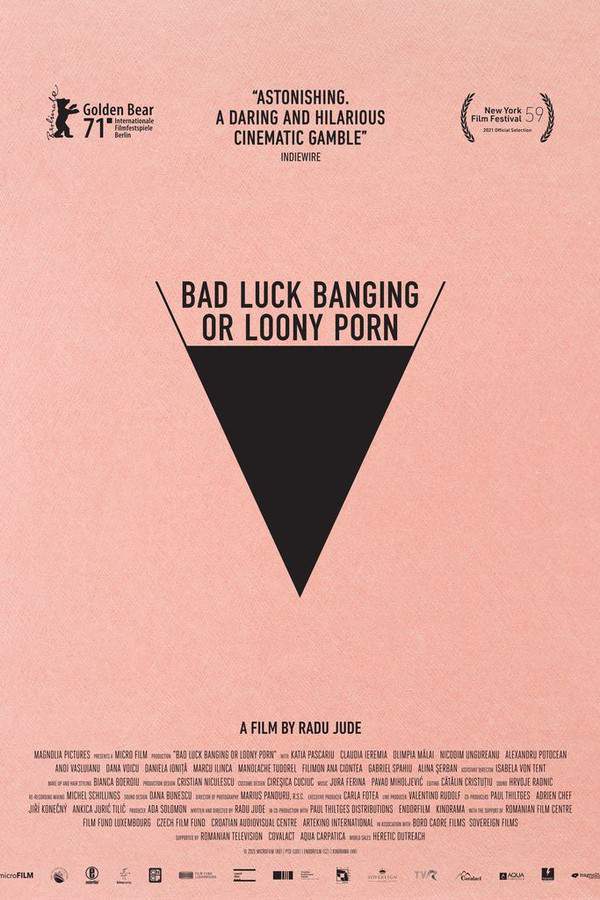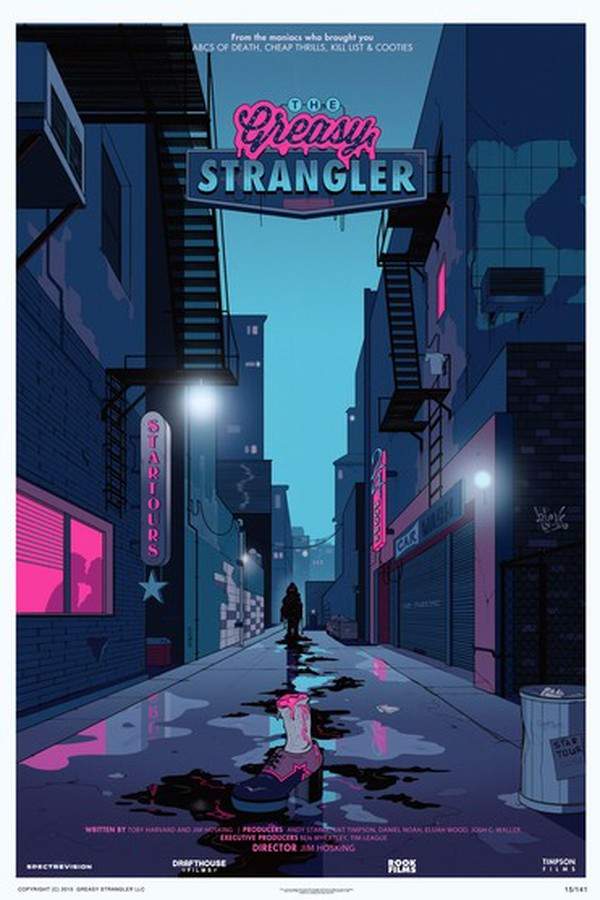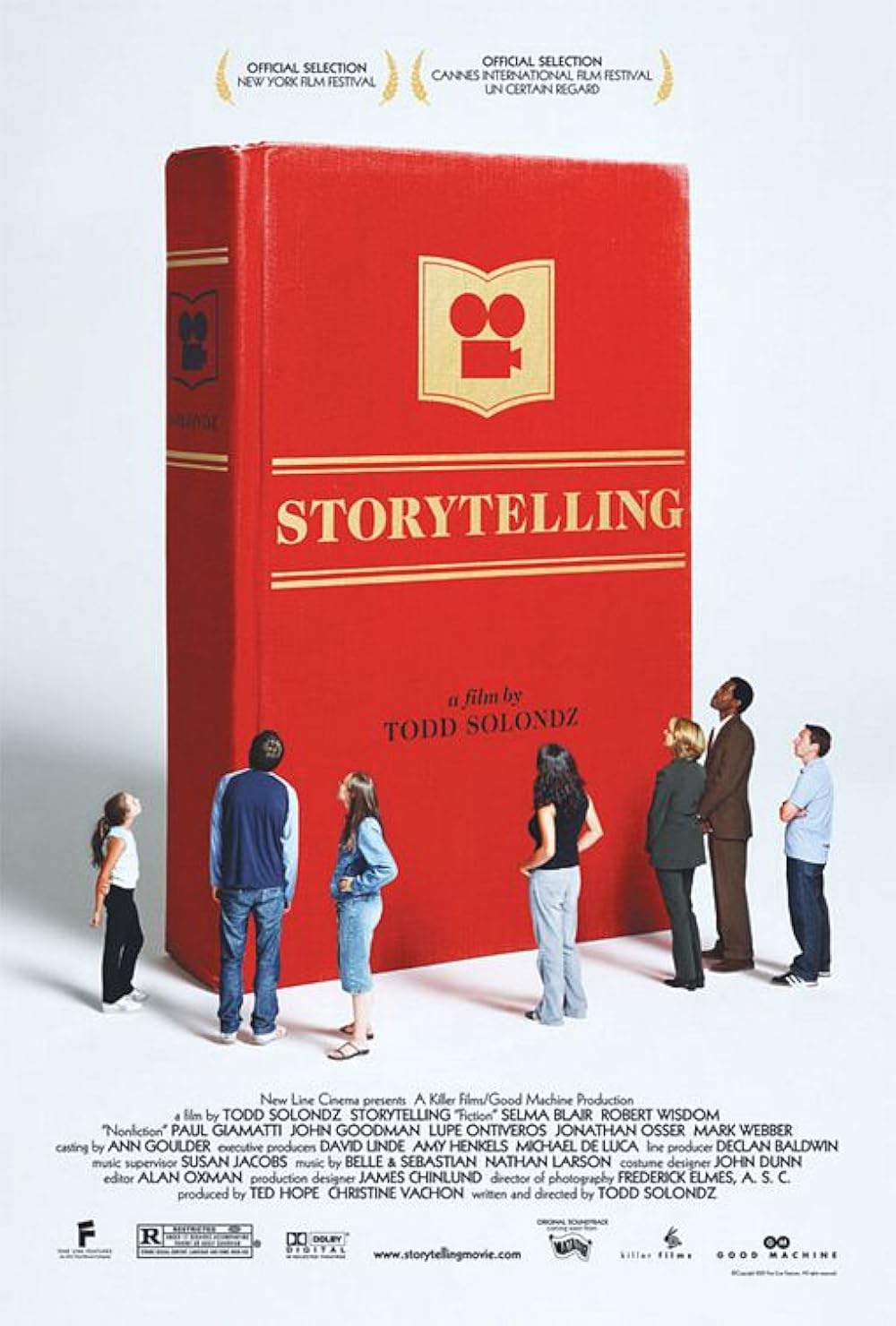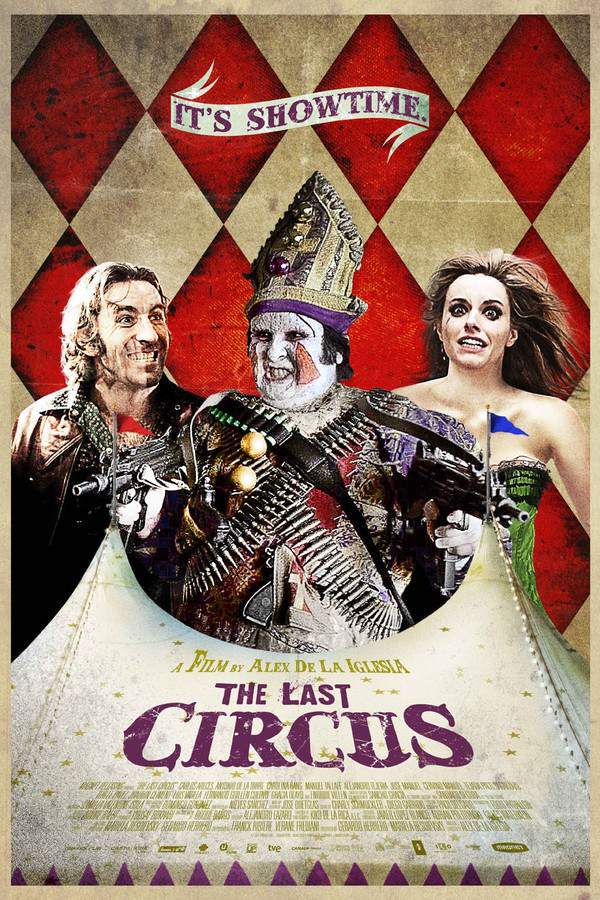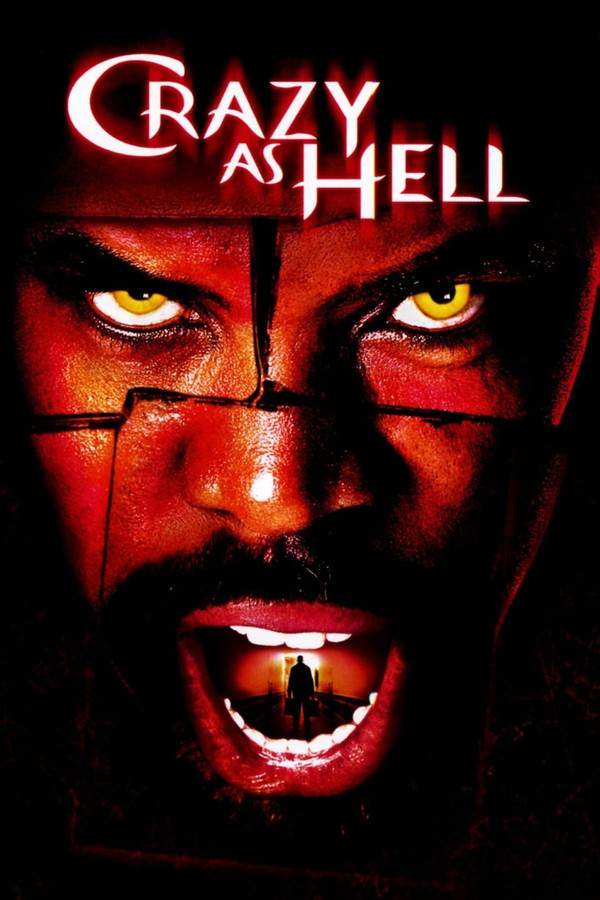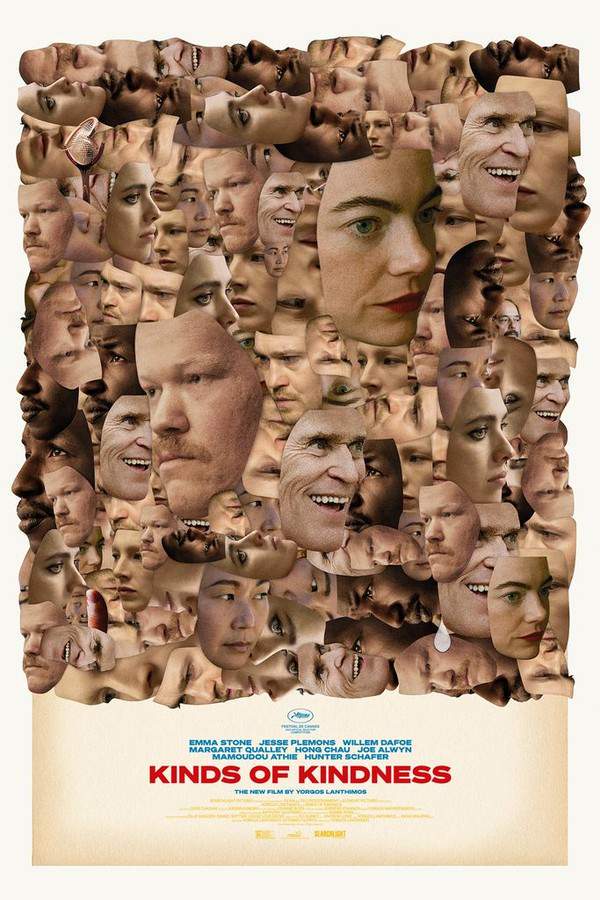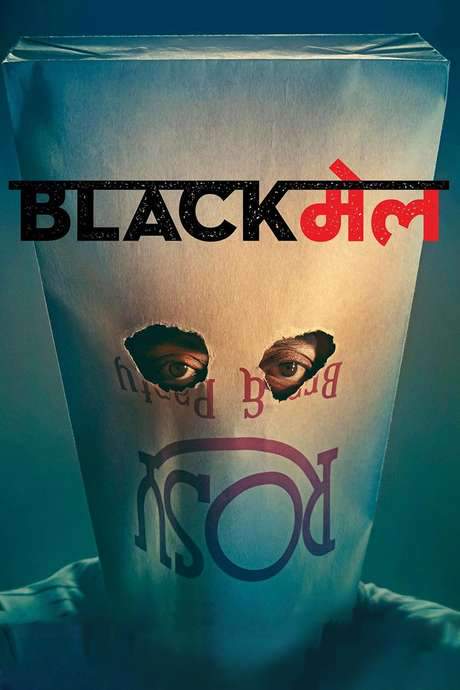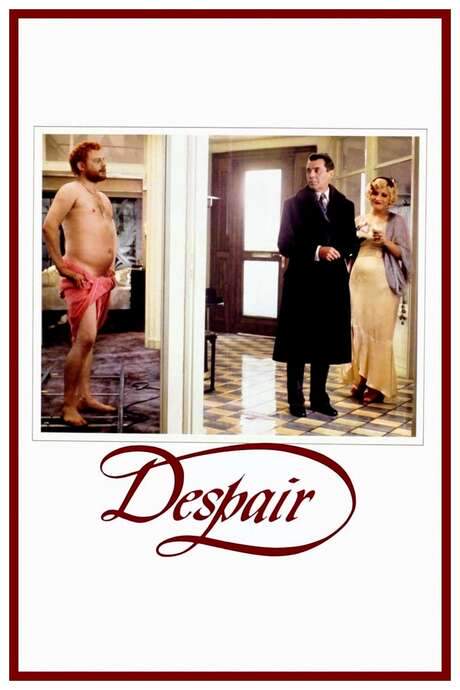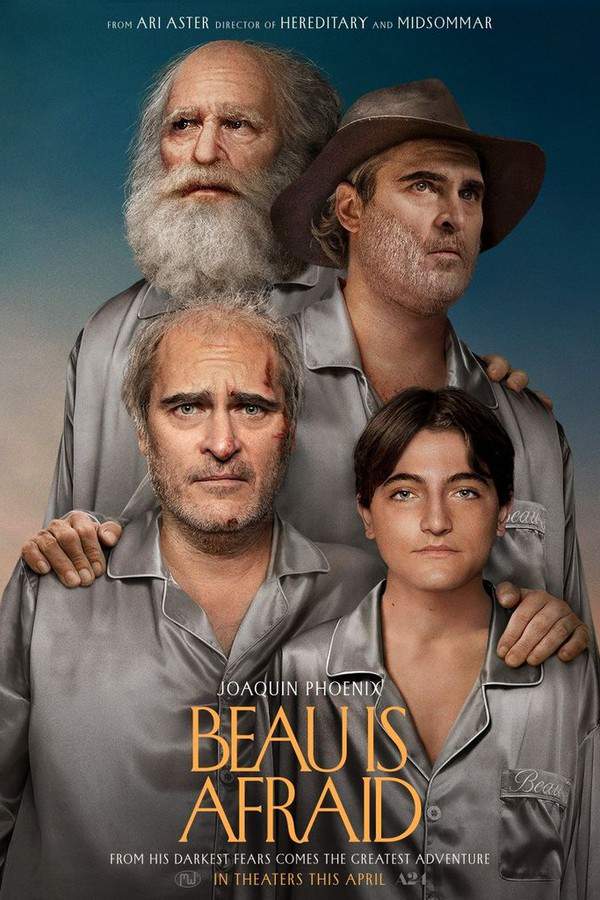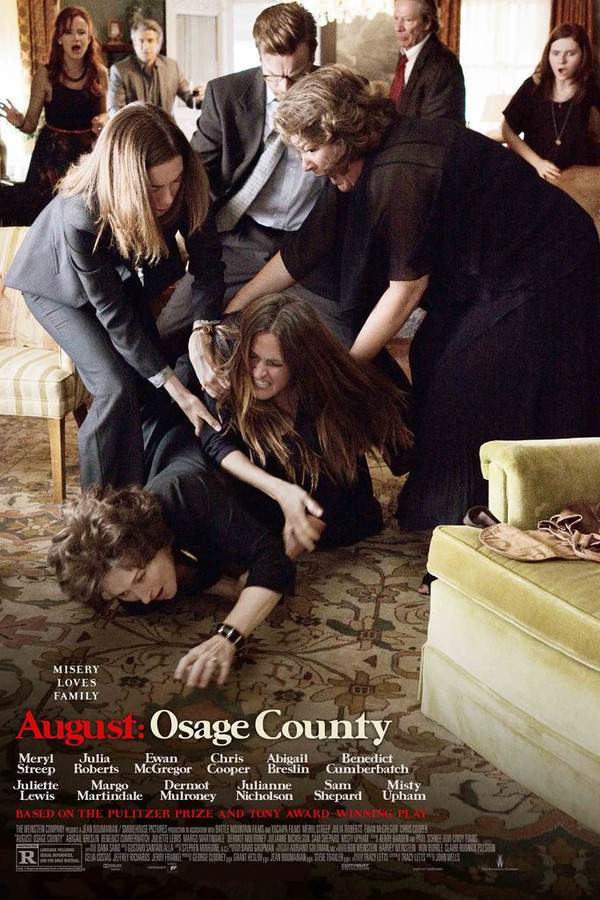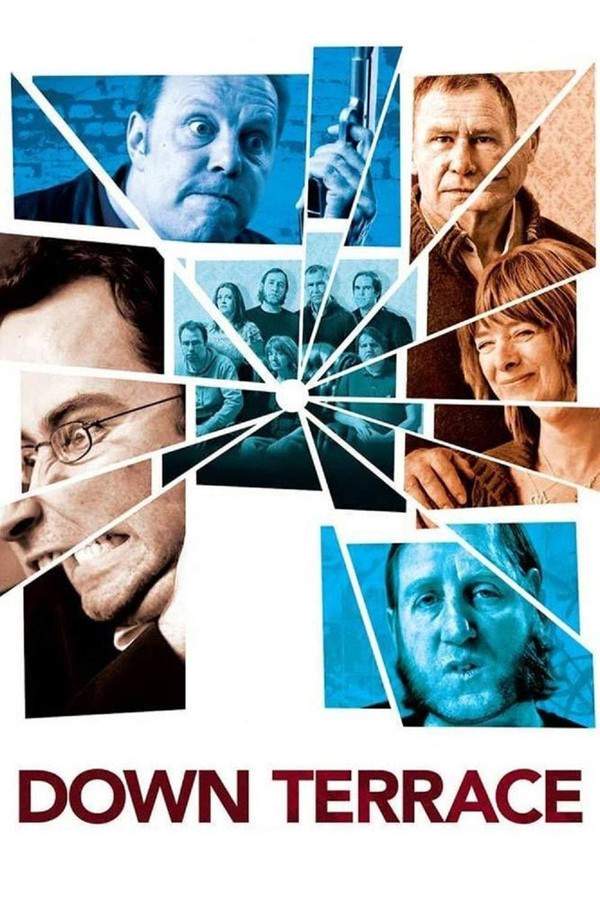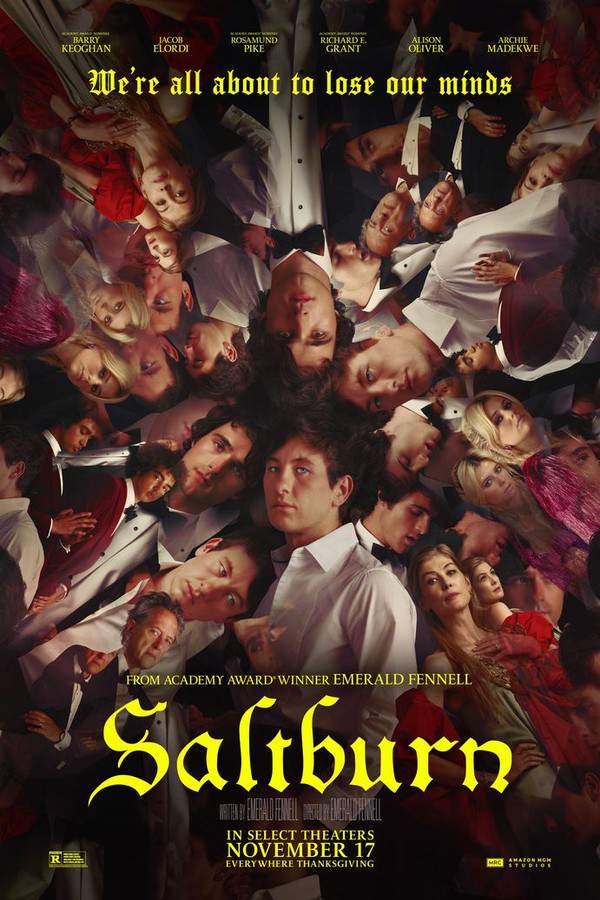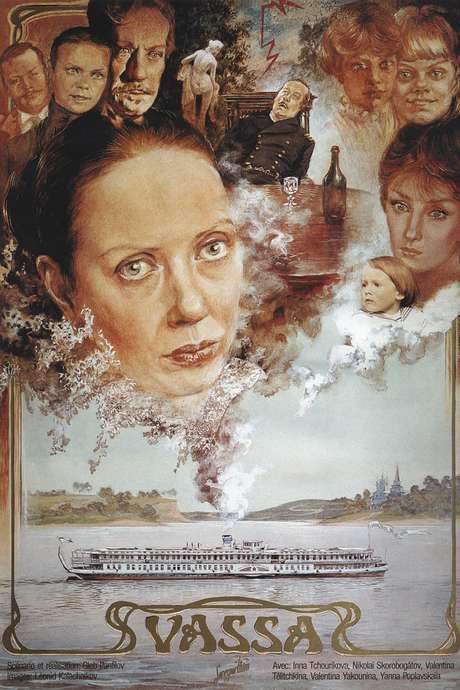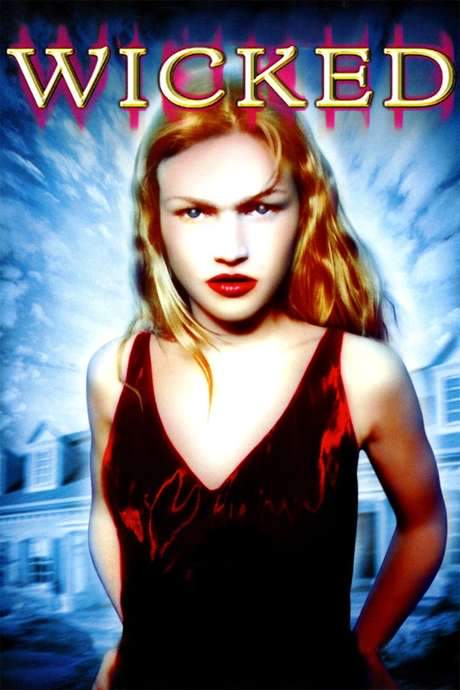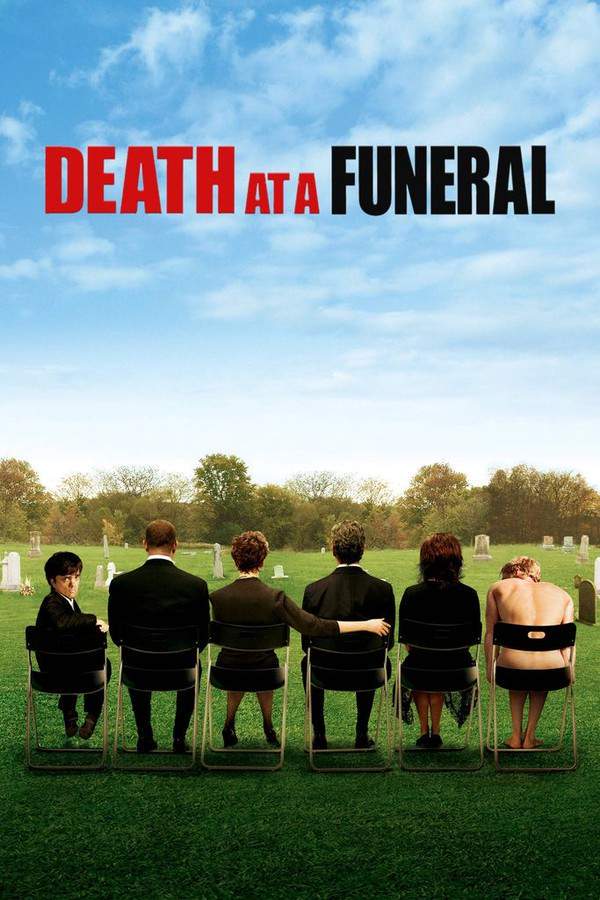
The Ruling Class
Year: 1972
Runtime: 154 mins
Language: English
Director: Peter Medak
When the Earl of Gurney dies in a cross‑dressing mishap, his schizophrenic son Jack inherits the estate. Jack, convinced he is Jesus reborn, spends his days singing and dancing around the grounds. The family, deeming him unfit, plots to seize his inheritance, but their insane schemes and attempts to “cure” him only lead to disastrous results.
Warning: spoilers below!
Haven’t seen The Ruling Class yet? This summary contains major spoilers. Bookmark the page, watch the movie, and come back for the full breakdown. If you're ready, scroll on and relive the story!
Timeline & Setting – The Ruling Class (1972)
Explore the full timeline and setting of The Ruling Class (1972). Follow every major event in chronological order and see how the environment shapes the story, characters, and dramatic tension.
Last Updated: October 04, 2025 at 15:24
Main Characters – The Ruling Class (1972)
Meet the key characters of The Ruling Class (1972), with detailed profiles, motivations, and roles in the plot. Understand their emotional journeys and what they reveal about the film’s deeper themes.
Last Updated: October 04, 2025 at 15:24
Major Themes – The Ruling Class (1972)
Explore the central themes of The Ruling Class (1972), from psychological, social, and emotional dimensions to philosophical messages. Understand what the film is really saying beneath the surface.
Last Updated: October 04, 2025 at 15:24
Explore Movie Threads
Discover curated groups of movies connected by mood, themes, and story style. Browse collections built around emotion, atmosphere, and narrative focus to easily find films that match what you feel like watching right now.
Biting Satires of Power and Madness like The Ruling Class
Dark comedies where the pursuit of power and sanity unravels in absurd chaos.If you enjoyed The Ruling Class, you'll find similar movies here. These films are dark comedies that use absurd scenarios and sharp wit to critique society, often focusing on themes of madness, power, and institutional decay, resulting in a complex and unsettling viewing experience.
Narrative Summary
Stories in this thread typically follow a protagonist or system as it descends into chaos, often triggered by a fundamental clash between delusion and reality. The narrative is complex, building steadily towards a grim conclusion where satire exposes a deeper, disturbing truth about power, corruption, or the human psyche.
Why These Movies?
These movies are grouped by their unique blend of high-brow satire and dark, psychologically intense themes. They share a steady pacing that builds dreadful anticipation, a complex narrative structure demanding attention, and a tonal balance where humor accentuates the underlying horror rather than relieving it.
Movies about Dysfunctional Dynasties like The Ruling Class
Stories of aristocratic or powerful families collapsing under the weight of their own secrets.Explore more movies like The Ruling Class that delve into the dark hearts of powerful families. These dramas and dark comedies feature complex characters, themes of inheritance and madness, and a steady unraveling of privilege and power, leading to often bleak conclusions.
Narrative Summary
The narrative pattern involves an inheritance or a crisis that exposes the deep-seated corruption and mental instability within a family. As schemes are hatched and alliances shift, the story builds with a steady pace towards an inevitable, disastrous outcome that comments on the cyclical nature of trauma and power.
Why These Movies?
These films share a focus on family as a microcosm for larger societal ills. They are united by a high intensity driven by character conflict, a dark tone that critiques class and privilege, and a heavy emotional weight stemming from the tragic consequences of familial dysfunction.
Unlock the Full Story of The Ruling Class
Don't stop at just watching — explore The Ruling Class in full detail. From the complete plot summary and scene-by-scene timeline to character breakdowns, thematic analysis, and a deep dive into the ending — every page helps you truly understand what The Ruling Class is all about. Plus, discover what's next after the movie.
The Ruling Class Summary
Read a complete plot summary of The Ruling Class, including all key story points, character arcs, and turning points. This in-depth recap is ideal for understanding the narrative structure or reviewing what happened in the movie.

The Ruling Class Timeline
Track the full timeline of The Ruling Class with every major event arranged chronologically. Perfect for decoding non-linear storytelling, flashbacks, or parallel narratives with a clear scene-by-scene breakdown.

The Ruling Class Spoiler-Free Summary
Get a quick, spoiler-free overview of The Ruling Class that covers the main plot points and key details without revealing any major twists or spoilers. Perfect for those who want to know what to expect before diving in.

More About The Ruling Class
Visit What's After the Movie to explore more about The Ruling Class: box office results, cast and crew info, production details, post-credit scenes, and external links — all in one place for movie fans and researchers.

Similar Movies to The Ruling Class
Discover movies like The Ruling Class that share similar genres, themes, and storytelling elements. Whether you’re drawn to the atmosphere, character arcs, or plot structure, these curated recommendations will help you explore more films you’ll love.
Explore More About Movie The Ruling Class
The Ruling Class (1972) Plot Summary & Movie Recap
The Ruling Class (1972) Scene-by-Scene Movie Timeline
The Ruling Class (1972) Spoiler-Free Summary & Key Flow
Movies Like The Ruling Class – Similar Titles You’ll Enjoy
Death at a Funeral (2007) Spoiler-Packed Plot Recap
King Ralph (1991) Detailed Story Recap
Britannia Hospital (1982) Detailed Story Recap
The Ritz (1976) Complete Plot Breakdown
A Touch of Class (1973) Spoiler-Packed Plot Recap
The King (1930) Ending Explained & Film Insights
Room Service (1938) Complete Plot Breakdown
King, Queen, Knave (1972) Ending Explained & Film Insights
The Old Dark House (1963) Detailed Story Recap
The Comedy of Terrors (1963) Full Summary & Key Details
Splitting Heirs (1993) Full Summary & Key Details
The Man Who Laughs (1928) Full Movie Breakdown
Kind Hearts and Coronets (1949) Full Movie Breakdown
The Manor (1999) Full Summary & Key Details
To Play the King (1000) Detailed Story Recap

